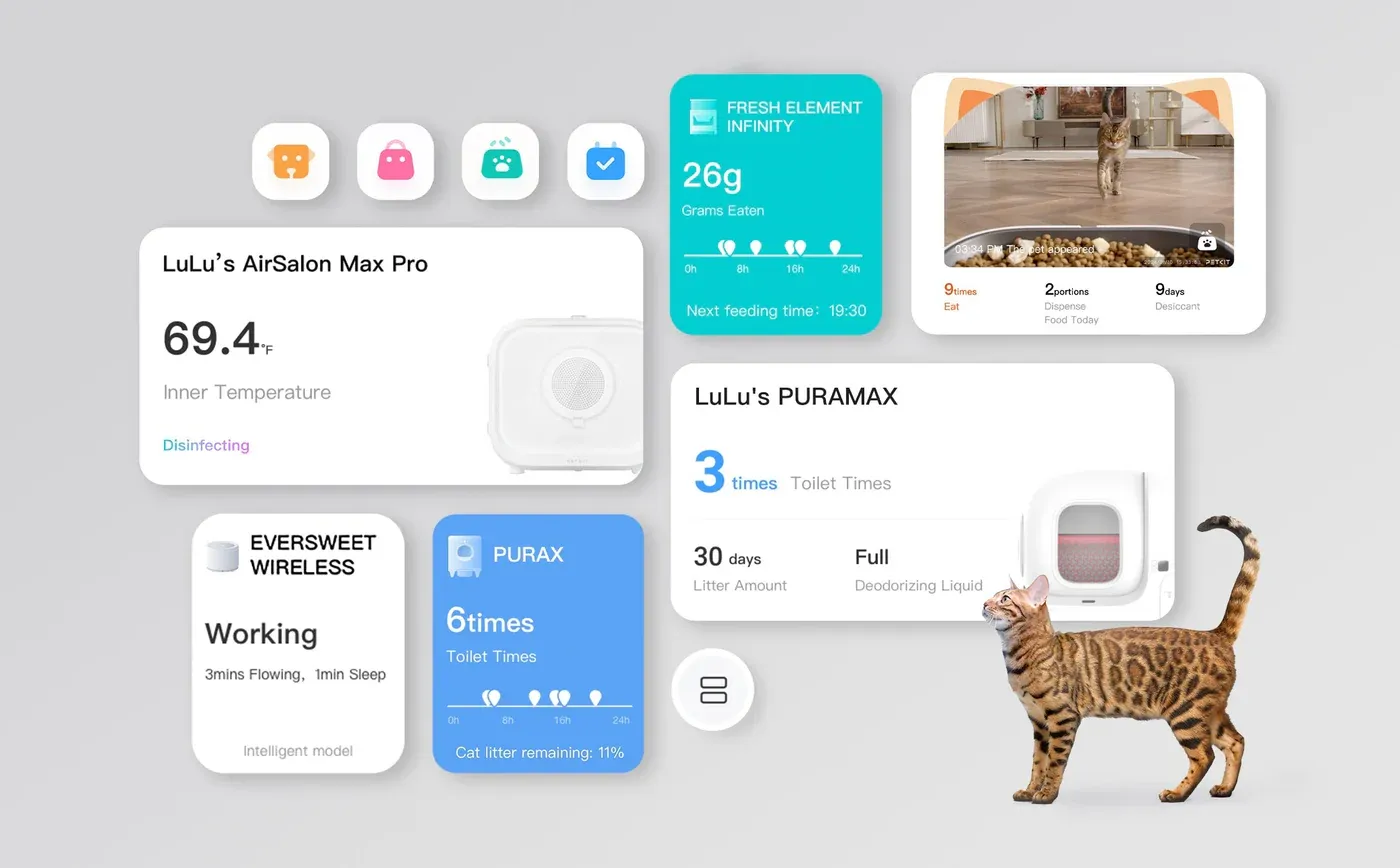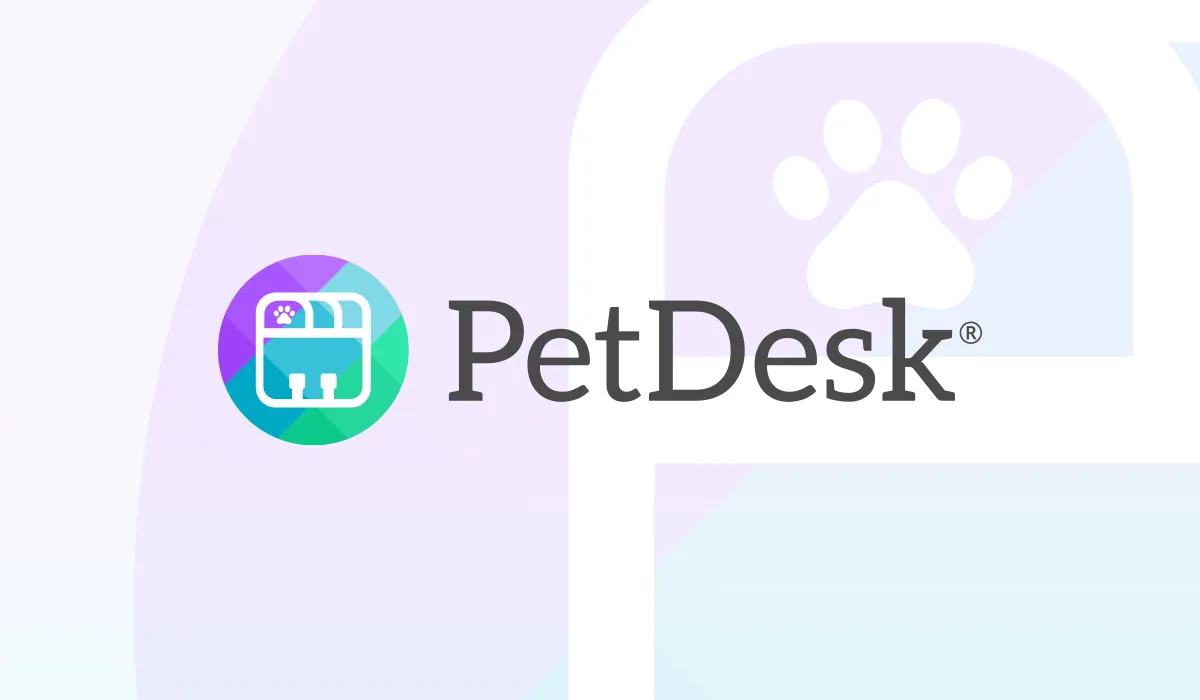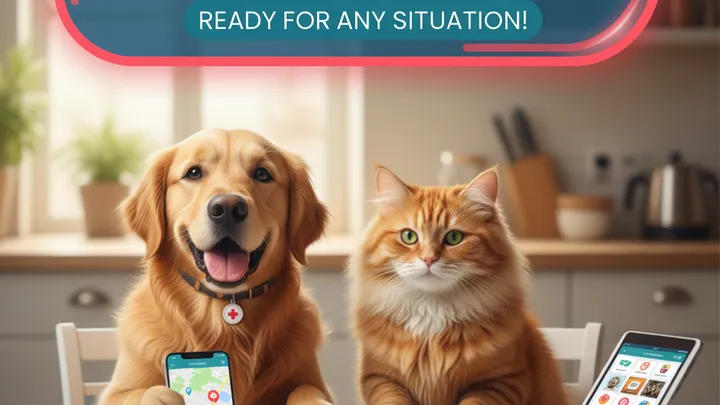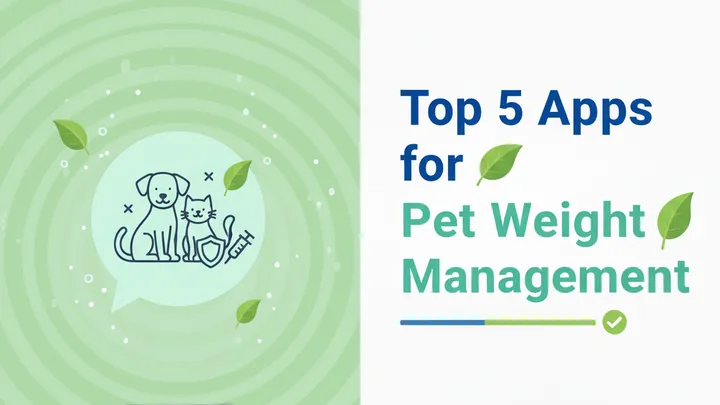Managing your pet’s weight is one of the most important responsibilities of being a pet parent. Obesity in pets can lead to serious health conditions, including diabetes, joint problems, and heart disease. At the same time, being underweight may indicate nutritional deficiencies or underlying health concerns. Just like humans, pets need balanced nutrition, regular activity, and consistent monitoring to maintain a healthy weight.
In today’s digital age, apps have transformed the way owners approach pet care. Pet weight management apps allow users to track calorie intake, monitor daily exercise, and receive personalized recommendations based on breed, age, and health conditions. With AI-powered tools, reminders, and progress tracking, these apps provide structured solutions for both prevention and ongoing care.
Here are the top 5 apps for pet weight management in 2025 that every responsible pet owner should consider.
1. Petkit Fit
Petkit Fit is a leading app for monitoring pet weight, daily activity, and overall wellness. It pairs seamlessly with smart collars and feeders to track exercise levels and food intake in real time.
The app’s dashboard provides personalized insights, setting weight goals tailored to your pet’s breed and lifestyle. With reminders for walks, feeding adjustments, and regular weigh-ins, Petkit Fit is perfect for owners who want tech-integrated, data-driven weight management solutions.

2. Pawtrack Health
Pawtrack Health specializes in weight tracking and nutritional management. It allows users to log meals, calories, and exercise routines, while generating weekly reports on progress.
Its AI-driven recommendations adapt feeding portions and suggest activity plans to help pets reach their ideal weight. Pawtrack Health is especially useful for multi-pet households, as it supports multiple profiles and provides insights tailored to each pet.
3. VETLINK Wellness
VETLINK Wellness connects directly with veterinarians, offering professional guidance alongside app-based monitoring. Owners can log daily food portions, track exercise, and upload weight entries that sync with veterinary dashboards.
The app also sends alerts for irregularities, such as rapid weight changes, ensuring timely medical attention. VETLINK Wellness is best suited for owners seeking medically supervised weight management with direct vet involvement.
4. PetDesk Weight Tracker
PetDesk Weight Tracker focuses on reminders, logging, and health record management. Users can set custom weight goals, track trends over time, and receive nudges for checkups or dietary adjustments.
It integrates seamlessly with vet clinics that use the PetDesk system, making communication and progress tracking smoother. This app is ideal for owners who want simple yet effective weight management tools connected to their vet’s recommendations.

5. Healthy Tails
Healthy Tails offers a holistic approach to pet health, combining weight management with nutrition tracking, exercise planning, and wellness reminders. Owners can create daily routines, log treats, and monitor calorie balances.
The app also provides educational content about obesity prevention, dietary needs, and exercise ideas. Healthy Tails is perfect for owners looking for an all-in-one wellness app that emphasizes both prevention and ongoing care.
Conclusion
In 2025, pet weight management apps are not just about numbers on a scale—they represent a comprehensive approach to pet health. Tools like Petkit Fit and Pawtrack Health emphasize real-time monitoring, while VETLINK Wellness bridges the gap between home care and professional veterinary guidance. PetDesk Weight Tracker and Healthy Tails simplify the process for busy owners while offering reliable reminders and holistic solutions.
The future of these apps will include deeper AI integration, smart wearable compatibility, and predictive health alerts. With these advancements, pet parents will be able to detect early signs of weight fluctuations, adjust diets more effectively, and maintain consistent exercise routines.
By adopting one of these apps, owners not only prevent obesity but also enhance their pets’ quality of life, extend longevity, and strengthen the human-animal bond. Managing weight is about more than health—it is about ensuring that every pet thrives in a supportive, well-structured environment.

















